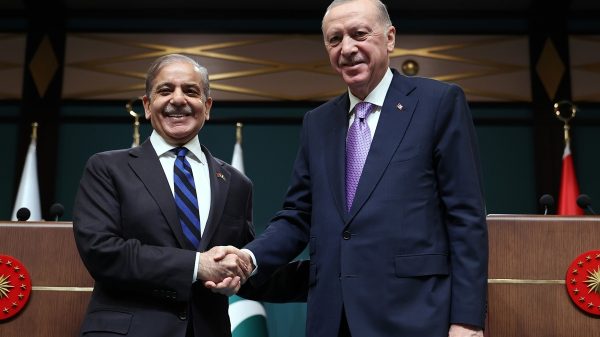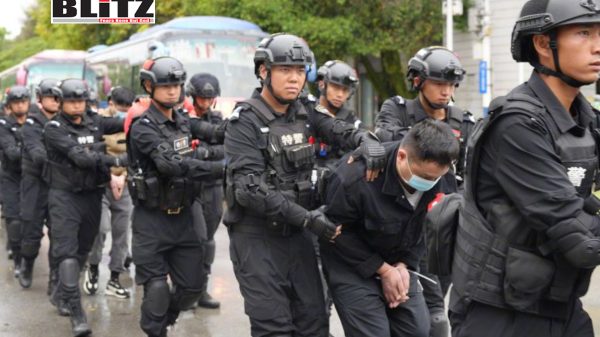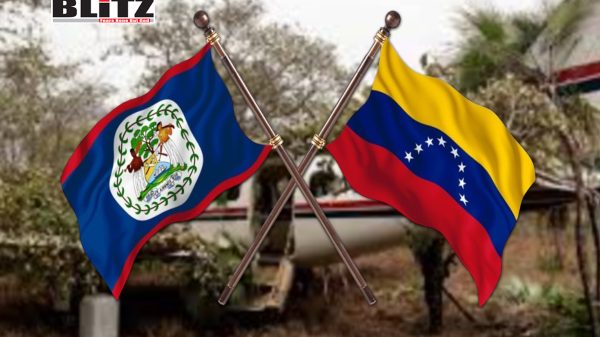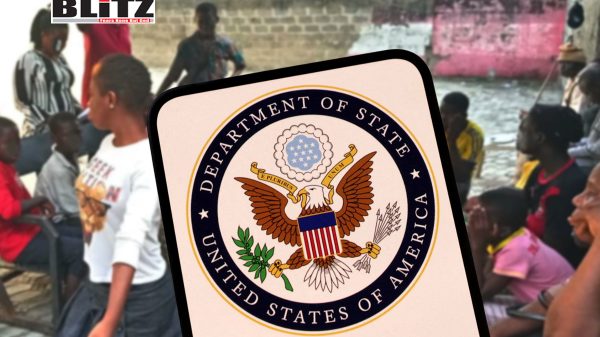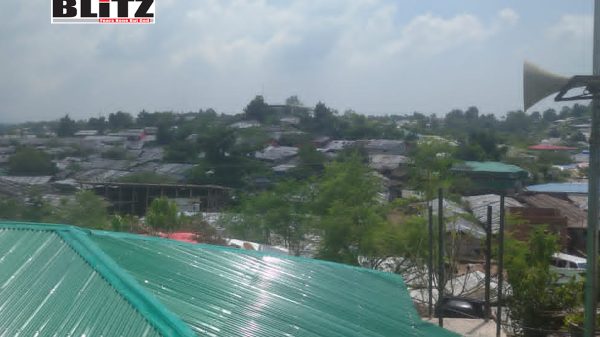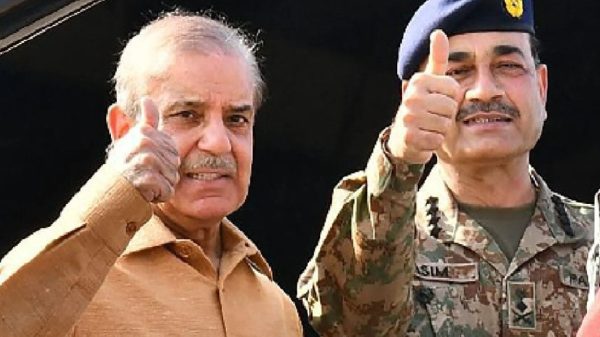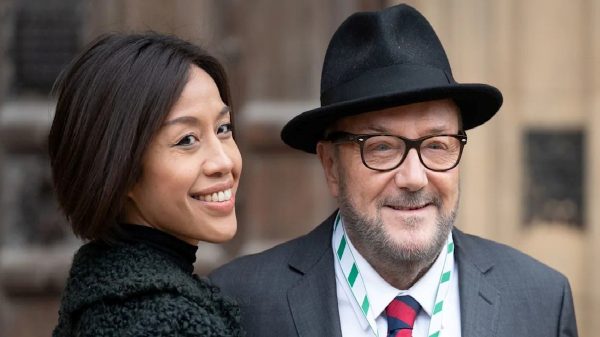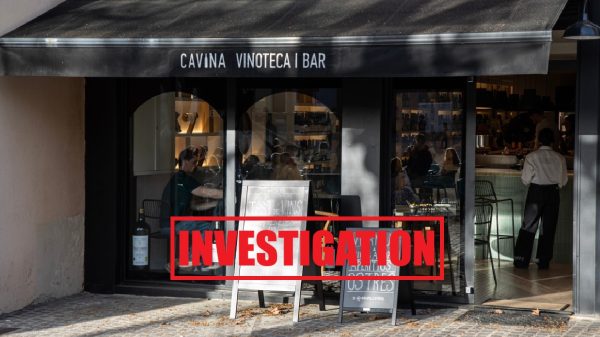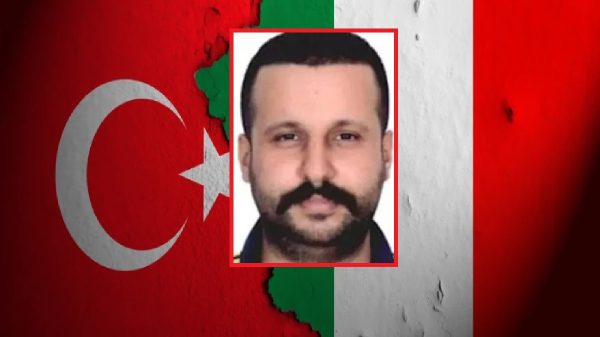Georgia’s donor disclosure demands spark fears of media and NGO repression
- Update Time : Wednesday, October 1, 2025
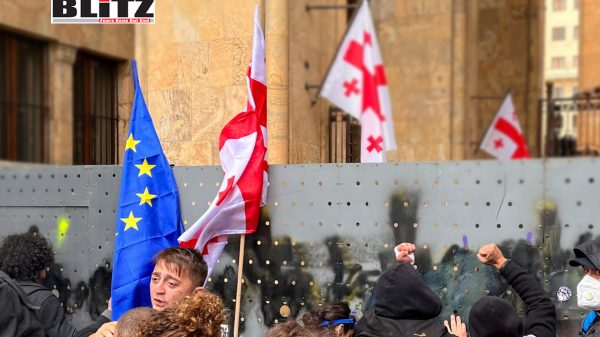
In Georgia, the government’s latest crackdown on civil society and independent media has deepened fears that the country is slipping further into authoritarianism. The Anti-Corruption Bureau, a state body tasked with policing financial transparency, has ordered more than 60 non-governmental organizations (NGOs) and media outlets to disclose detailed information about their funding sources, grants, and operations. Civil society leaders, journalists, and legal experts warn that the measures are designed less to promote accountability and more to intimidate and ultimately silence critical voices.
The Bureau began sending official letters earlier this week, demanding that targeted groups hand over extensive records dating back months, including donor agreements, amendments, and reports of financial transactions. Recipients were told they had just three days to comply or else face the prospect of court action. Among those contacted were the Governance Monitoring Center (GMC), the Civil Society Foundation, and iFact, an investigative journalism outlet that is part of the Organized Crime and Corruption Reporting Project (OCCRP) network.
The demands are rooted in legislative changes that Georgia’s parliament adopted on April 16, amending the “Law on Grants.” The new rules stipulate that media outlets and civil society groups cannot receive foreign grants unless they are first approved by a government-appointed body. Donors themselves must submit draft agreements for approval before disbursement can take place. In effect, these changes give the state sweeping authority to monitor and restrict how independent organizations are funded, undermining their ability to operate freely.
For many observers, the Bureau’s actions confirm long-held fears that the law was designed as a weapon against independent organizations, not as a genuine attempt to prevent corruption. “Several groups have already contested the demands, arguing they are unfounded and do not comply with the law,” said Saba Brachveli, a lawyer with the Civil Society Foundation. However, he added that the courts have systematically rejected appeals, leaving organizations with little legal recourse. “Once the appeal process is exhausted, the organizations will be required to provide the information. I know at least some groups will not submit the full details, citing appropriate justification. Ultimately, an investigation may be initiated against them.”
Other NGOs are preparing broader legal challenges. The Georgian Young Lawyers Association (GYLA), one of the country’s most respected human rights groups, has vowed to challenge both the amendments and the Bureau’s sweeping authority in the Constitutional Court. “We are taking legal steps, including appealing the unconstitutional provisions of the Law on Grants,” said GYLA chairperson Nona Kurdovanidze. “We are also challenging the court’s order that granted the Bureau access to such extensive information based on its petition.”
Kurdovanidze described the situation as a deliberate strategy by the ruling Georgian Dream party to pressure organizations into self-censorship. She emphasized that many of the targeted groups had not even carried out projects or received funding in the past year, meaning the government’s reach appears indiscriminate and punitive rather than based on evidence of wrongdoing.
Media organizations, already under significant pressure, see the move as part of a broader campaign to undermine journalism in Georgia. Gogi Zoidze, project manager at GMC, described the risks as existential: “The risks are high because the government sees us as enemies. They are using every possible means to disrupt our activities. We also expect the government will try to introduce even more restrictive measures or legislation to force us out of the country or shut down our work.”
For iFact, which has a reputation for hard-hitting investigative reporting on corruption and abuse of power, the government’s intimidation tactics are familiar. Co-founder Nino Bakradze said her outlet currently has no active grants and will simply respond by stating that “no grants were in place.” But she warned that the campaign is clearly designed to sow confusion and fear. “It is difficult to predict what the Georgian Dream will do. What I do know is what we will do. I believe in the struggle of Georgia’s independent media, and I am confident that nothing can overcome us.”
Bakradze stressed that iFact has always operated with full transparency and has “nothing to conceal.” Still, she warned that Georgia is at a “critical stage of development” where the survival of independent media is essential to prevent a slide into authoritarianism. “Independent media must keep working at any cost,” she said.
The parallels between Georgia’s donor disclosure law and similar measures in other countries are striking. Russia’s infamous “foreign agent” law, passed in 2012 and steadily expanded since, has been used to stifle NGOs and independent media by branding them as agents of foreign influence. Critics of the Georgian government argue that Tbilisi is now adopting a softer but equally repressive version of the same model.
Like Moscow’s legislation, Georgia’s rules conflate transparency with control, granting authorities the discretion to approve or deny funding that sustains organizations holding the government accountable. The cumulative effect is a chilling environment in which independent groups must constantly weigh the risks of confrontation against the imperative of carrying out their missions.
Georgia’s democratic trajectory has long been under scrutiny, with Western allies urging the government to uphold freedoms of speech, association, and press as the country pursues closer ties with the European Union. The donor disclosure law risks further alienating these partners while strengthening perceptions that the Georgian Dream party is veering toward authoritarianism.
The stakes are especially high given Georgia’s volatile political climate. Protests and opposition boycotts have marked recent years, and public trust in institutions remains fragile. By targeting NGOs and journalists, the government risks igniting further unrest and eroding confidence in its commitment to democratic norms.
For now, civil society leaders and journalists vow to resist, even as the state ramps up its pressure. “We are doing everything we can to mitigate these risks,” said Zoidze. “But the government will not stop here.”
The battle over donor disclosure may appear to be about paperwork and legal compliance, but its implications are far more profound. At its heart lies a struggle over whether Georgia will remain an open society where independent voices can thrive-or whether it will join the growing ranks of states that use the rhetoric of transparency to crush dissent.
The demands from Georgia’s Anti-Corruption Bureau represent more than an administrative burden; they are part of a broader strategy to weaken independent oversight of government. As NGOs and media groups scramble to comply, appeal, or resist, the confrontation is shaping up as a defining moment for Georgia’s democratic future. Whether civil society and journalists can withstand this pressure will determine not just their survival, but the resilience of Georgia’s fragile democracy.


